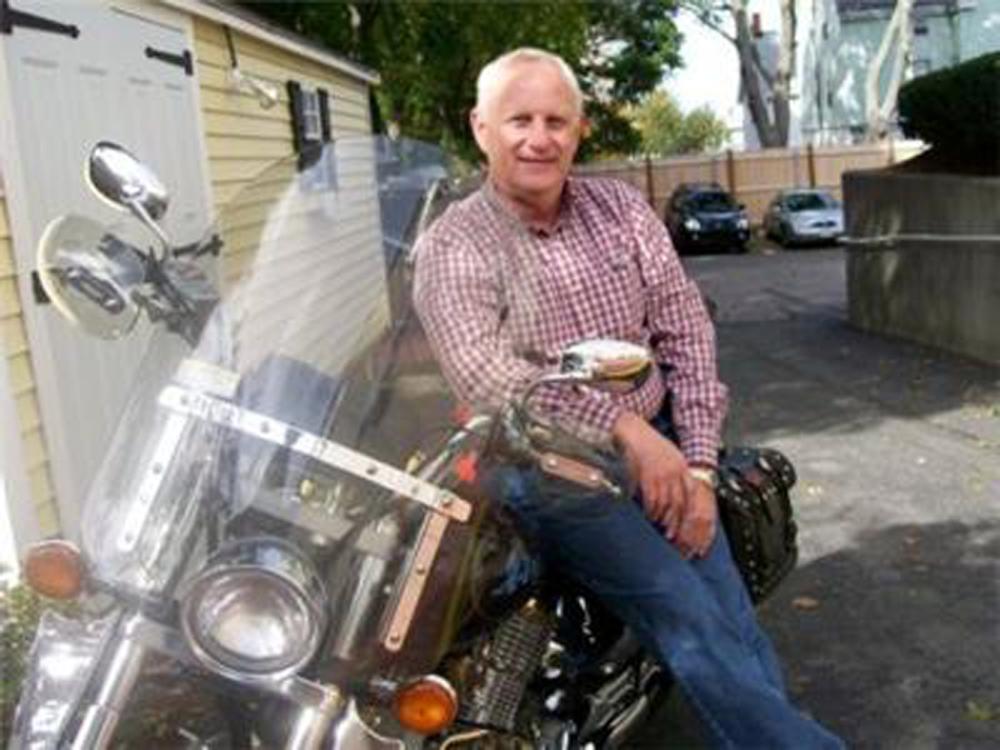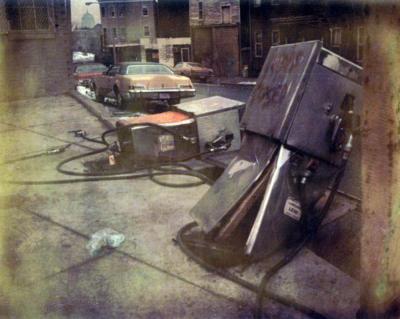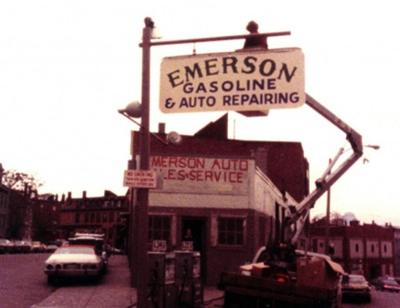Lakeville author reveals killer encounters with Whitey Bulger and other mobsters
When Whitey Bulger drove up to a gas pump at Emerson Gasoline and Auto Repairing during a gas shortage in the 1970s, owner Thomas Cirignano knew he had to stick to his principles.
Bulger demanded Cirignano exceed the shop’s $2 limit to fill up his Cadillac’s tank, but Cirignano declined.
“I told [Bulger], ‘What’s the matter, can’t you read the sign? It says $2 limit,’” Cirignano said. “And he pulled out a gun and stuck it in my face and he says, ‘I said fill it up!’”
Cirignano said he was lucky that he hired security the day before. He only found out after the fact that the customer was Whitey Bulger.
“I didn’t get nervous,” Cirignano said of his confrontation with Boston’s most infamous mobster. “I figured he wasn’t going to shoot me before he got gas.”
Cirignano, who since relocated from South Boston to Lakeville, tells the story of encounters with mobsters, hit men, drug dealers, police officers, and other compelling characters in his recently-released book, Memoirs of a South Boston Mechanic.
“Everybody needs a good mechanic,” Cirignano said. “So I had to get along with all sorts of people, whether they were a cop or a drug dealer. Basically, you wouldn’t survive there unless you got along with everybody.”
Upon finishing his book, Cirignano read through it and counted 21 experiences where he could have died. In Southie back then, walking into the wrong bar alone could get someone beaten, and ignoring the wrong person’s demands could get someone killed.
“I only found out I was living through a historical period by sitting around with friends after work and getting to the suburbs,” Cirignano said. “People would say, ‘things that happened to you, they never happened to me.’”
The memoir starts during Cirignano’s childhood in Dorchester. Born in 1952, he struggled to fit in as the son of Italian immigrants in a predominantly Irish area and heard ethnic slurs on a daily basis.
Neighbors harassed his family with slurs and parked in front of the family’s driveway. Cirignano’s father was not afraid of conflict, and that made fitting in at school more difficult.
Cirignano’s childhood experiences gave him sympathy for the Black students bused to the Southie public school across from where he lived as a young adult. He recalled daily riots on his doorstep resulting from the racial integration of Boston schools, rioters throwing bricks at Black children, and seeing FBI agents with sniper rifles on the school’s roof.
As he started working at his father’s auto shop, Cirignano said it was an “accepted practice” for people to sell stolen items in Southie. Customers would pop their trunks as Cirignano pumped gas, offering items as varied as cigarette cartons and cases of liquor to cameras and color TVs.
When a deal for a color TV went bad and Cirignano lost money, he found that the Southie community had plenty of creative solutions to his problem.
One longtime customer — the same customer who worked as Cirignano’s security guard during the gas shortage and pointed a gun at Whitey Bulger at the auto shop — told Cirignano about “Big Mike,” a man best described as an independent debt collector, who could get the money back.
Big Mike had one rule: the worst thing he would do to collect money is break someone’s legs, Cirignano remembered hearing.
Another regular customer, a mobster who usually counted money in his Cadillac’s front seat while Cirignano pumped gas, said he heard about what happened.
The mobster asked Cirignano for 67 cents, saying, “you buy the bullet, and he’s history.”
Cirignano declined, but that interaction sparked the idea for Cirignano’s fiction novel, 67 Cents: Creation of a Killer.
“I immediately said no, no, no,” Cirignano said. “My exact words were, ‘no amount of money is worth a guy’s life.’”
Cirignano sold the auto shop in 1987 because the violence got out of control. He says living in Lakeville is a feeling of relief compared to Southie in its violent heyday.
“People I knew were being shot and killed,” Cirignano said. “People I played pool with, they’d be gone the next day.”
Cirignano said his life felt normal to him because he saw these types of events every day, but he found out he witnessed a unique time period when he met up with friends from other parts of the city and state.
“When I used to tell people what happened at work, they’d say, ‘you gotta write a book!’” Cirignano said.
Memoirs of a South Boston Mechanic can be purchased on Amazon.
















